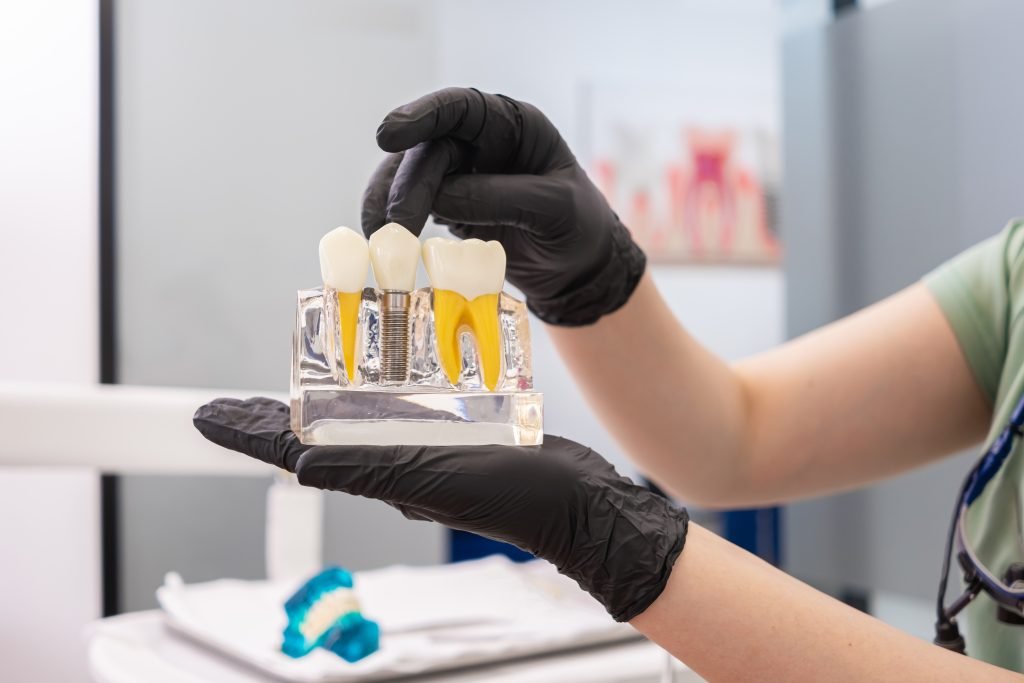Germany has emerged as a leading destination for international students, especially those in the field of medicine and dentistry. For Indian dentistry students, Germany offers a rare combination of high-quality education, low or no tuition fees, international recognition, and excellent career prospects.
In this article, we explore in detail why Indian students should consider Germany for their dentistry studies, how to apply, what to expect, and how it compares with other countries.
🏛️ 1. Germany Offers Top-Tier Dental Education
Germany is known for its rigorous and research-driven education system. Dental universities in Germany offer a structured, clinically-oriented curriculum that is regulated by the German Dental Act, ensuring uniformity and high standards across all institutions.

What makes German dental education stand out?
- Strong focus on clinical training.
- Early exposure to hands-on practice.
- World-class labs and research facilities.
- Taught in some of the best public universities, like:
- Charité – Universitätsmedizin Berlin
- Ludwig Maximilian University of Munich (LMU)
- Heidelberg University
- University of Freiburg
For Indian students, this translates into internationally respected training that opens doors to work across Europe and other parts of the world.
💸 2. Affordable or Free Tuition: Huge Cost Advantage
One of the biggest reasons Indian students choose Germany is the cost advantage:
- Public universities in Germany do not charge tuition fees for undergraduate degrees—even for international students.
- Students pay only a semester contribution (usually €250–€350), which covers administration and local transport.
- Compared to countries like the USA, UK, or Australia (where annual dental tuition can exceed ₹40–60 lakhs), Germany offers world-class education at a fraction of the cost.
This makes Germany one of the most affordable places in the world for studying dentistry.
📚 3. Structured Curriculum with Practical Emphasis
The dentistry degree in Germany is known as “Zahnmedizin” and typically takes 5 to 6 years to complete, followed by a state examination (Staatsexamen).
The course is divided into three main stages:
- Preclinical Phase (Years 1–2): Focus on anatomy, physiology, chemistry, physics, and dental materials.
- Clinical Phase (Years 3–5): Training in prosthodontics, periodontics, orthodontics, oral surgery, etc., with hands-on practice in clinics.
- Practical Year (Final Year): Real-life patient care under supervision.
- State Examination: National licensing exam for qualification as a dentist.
This well-balanced mix of theory and practice prepares students thoroughly for real-world dental practice.
🌍 4. Globally Recognized Qualifications
A dentistry degree from a recognized German university is:
- Respected internationally.
- Recognized across EU/EEA countries.
- Provides an edge for postgraduate studies, jobs, or research opportunities in the US, UK, Canada, Australia, etc.
With a German degree, Indian students may choose to:
- Practice in Germany or Europe.
- Return to India and register with the Dental Council of India (DCI) after clearing the Screening Test.
- Apply for residency programs abroad.
🗣️ 5. Learn German and Gain a Life Skill
German dental programs are taught in German. Students need a minimum B2 or C1 level in German to get admission and interact with patients.
Although learning a new language may seem challenging, it comes with benefits:
- Better integration into German society and clinics.
- Improved communication with patients and staff.
- Language proficiency adds value to your CV globally.
- Openings for further studies or employment across German-speaking countries.
Tip: Start learning German early in India via Goethe-Institut or other certified language centers.
👩⚕️ 6. High Demand for Dentists in Germany
Germany is experiencing a growing demand for healthcare professionals, including dentists. Many practicing dentists are nearing retirement, and rural areas in particular need new professionals.
For Indian students, this means:
- Strong job prospects after graduation.
- Pathways to permanent residency (PR).
- Opportunities to open a private clinic after licensure and experience.
After completing dental studies and passing the Staatsexamen, graduates are eligible to register and practice as dentists in Germany.
🛂 7. Immigration Benefits for Indian Students
Germany offers clear and student-friendly immigration pathways:
- Student Visa (Visum zu Studienzwecken) is valid for the duration of studies.
- After graduation, students get 18 months of job-seeking visa to find employment.
- Once employed, they can apply for a work permit or EU Blue Card.
- After working for a few years, students can apply for permanent residency.
Additionally, students may bring their spouses and dependents, subject to conditions.
🏠 8. High Standard of Living and Student Support
Germany offers a high quality of life:
- Safe cities and clean environments.
- Reliable public transport systems.
- Subsidized student health insurance.
- Affordable accommodation options in student dorms or shared flats.
International offices at universities assist foreign students with:
- Orientation programs
- Legal paperwork
- Language courses
- Integration into academic and social life

📜 9. How Indian Students Can Apply for Dentistry in Germany
Here’s a step-by-step application roadmap:
Step 1: Complete Class 12 with Science (Biology Stream)
- Minimum 90% preferred.
- NEET qualification may be required (for return to India).
Step 2: Learn German (B2 or C1)
- Enroll in a certified German language course (Goethe, TELC, etc.).
- Pass TestDaF or DSH for language proficiency.
Step 3: Apply via Uni-Assist or Directly to Universities
- Prepare academic transcripts, language certificates, motivation letter, etc.
- Use platforms like Uni-Assist for application processing.
Step 4: Attend a Studienkolleg (If Required)
- If your education is not equivalent to German Abitur, you may need a foundation year (Studienkolleg).
Step 5: Apply for Student Visa
- Show proof of financial means (approx. €11,208/year in a blocked account).
- Submit admission letter, insurance, passport, etc.
🧾 10. Documents Checklist for Indian Dentistry Students
| Document | Requirement |
|---|---|
| Academic Marksheets | Class 10 & 12 (with Biology, Chemistry, Physics) |
| German Language Certificate | B2/C1 (TestDaF, DSH, Goethe, etc.) |
| Passport | Valid for at least 1 year |
| NEET Scorecard | Required if planning to return to India |
| SOP/Motivation Letter | Written in German or English |
| Letter of Recommendation | From school or coaching institution |
| Proof of Finances | Blocked account (€11,208/year) |
| Student Visa Application | With all supporting documents |
⚖️ 11. Challenges and How to Overcome Them
| Challenge | How to Handle |
|---|---|
| German Language Barrier | Start early, take immersive courses, speak daily |
| Long Admission Process | Apply well in advance (at least 6–9 months) |
| Cultural Adjustment | Connect with Indian students, join integration programs |
| High Competition | Apply to multiple universities, keep your grades strong |
| Studienkolleg Requirement | Take it seriously—foundation year is key for eligibility |
🧠 12. Tips for Success in German Dental Schools
- Participate actively in clinical rotations.
- Build relationships with professors and mentors.
- Get involved in research or assistant positions.
- Join dental associations or student groups for networking.
- Keep your German language sharp—it’s critical for patient interaction and job placement.
🎓 13. Post-Graduation Pathways
After completing your dental degree:
✅ Register as a dentist and begin work.
✅ Apply for specialization in areas like Orthodontics, Oral Surgery, Endodontics, etc.
✅ Pursue Master’s or Ph.D. in Dental Sciences.
✅ Open a private practice after gaining experience.
✅ Migrate to another country (if desired) with recognized credentials.
✅ Conclusion: Is Germany the Right Choice for Dentistry?
Yes — Germany is an excellent option for Indian dentistry students who want high-quality education, practical training, international exposure, and long-term career benefits.
Why?
- World-class institutions
- Low-cost or free tuition
- Paid clinical exposure
- High employability and residency pathways
- Global respect for German dental degrees
While the German language and admission process require dedication, the return on investment is outstanding—financially, professionally, and personally
